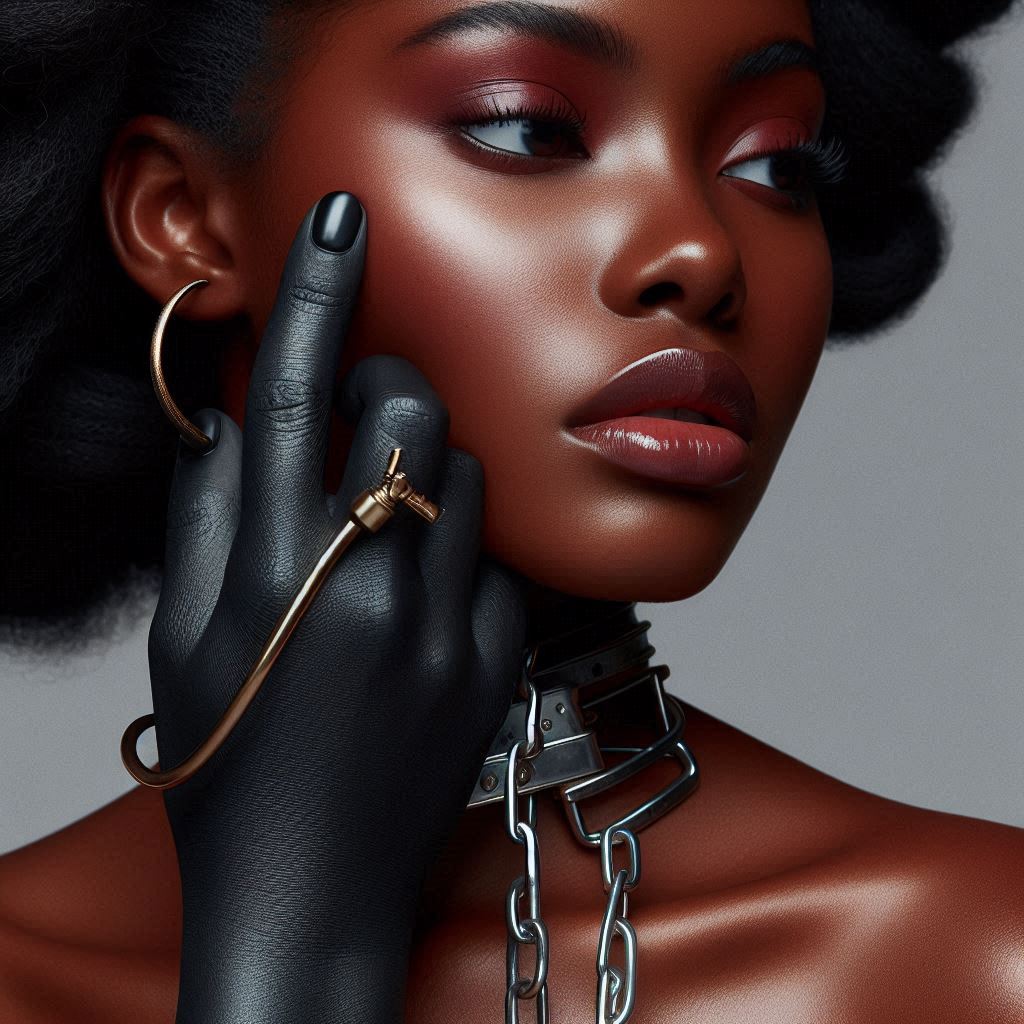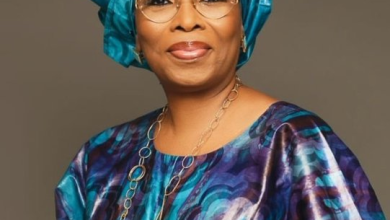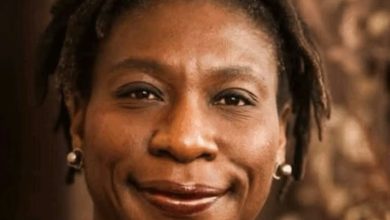Beauty practices and the theft of personhood in women

|
Getting your Trinity Audio player ready...
|
Beauty as an ideal for women to aspire to is one of the apparently normal but quite damaging practices in our society today. It seems harmless because it is one concept whose effects are not immediately obvious but increase over time –in the individual’s psyche, physique, skin, and general societal values.
It is one idea that exactly captures how ingrained standards of femininity are around us, to the point where it goes unnoticed and appears like an act that individual women, collectively, choose to engage in for reasons of fitting in with a community. But the attitude towards non-compliance to such practices reveals that they are things the society has placed worth on, and then doles out positive rewards and negative punishments.
It is worthy of note that these beauty practices generally have nothing to do with healthy or functional living; they are simply meant to make women ‘beautiful,’ beyond how they naturally look and, as the same isn’t required of men, it becomes apparent that beauty isn’t coveted and cherished for its sake. If beauty practices had inherent worth, they would be promoted across the board, irrespective of age. They are only encouraged because ‘beautiful’ is something women ought to be, without consideration for their personality, financial status, health issues, and the like.
There is nothing fundamentally different about men and women that demands adherence to beauty practices for one and not the other except to render one an object meant to exist for the ‘consumption’ of the other.
The demand for beauty from women is usually due to the neglect of all they can (potentially) be –as full humans. It takes time and money and essentially locks women in a rot of performance, and this gives no room for their personhood. Body marks and shapes normal to the human body are projected as unflattering and things that need fixing, feeding into a vortex of insecurity. Women apologise for a ‘bare’ face like the natural state of a face is meant to be made up and remain so. The women who rigidly conform to these practices are characterised as being ‘high maintenance’ as if to imply that the ones lesser on the conformity scale are of lesser worth.
‘Undone hair’ (which is most often used to refer to traditional African hairstyles) and ‘nails’ are treated as some sort of personal failing, and women who are celebrities who venture to step out in their natural look are harassed by the public. They’ve come to always expect an aesthetic, a persona that the women have heavily curated and fed into, and in so doing, they have lost the appeal and comfort of their skin.
Aside from the psychological and social effects that may arise from these beauty practices, there are devastating health and physical consequences. Risk of skin cancer, accelerated ageing, hair loss, chronic pain (from prolonged use of high heels on the feet), and potential death from cosmetic surgeries, to mention a few.
Such practices undermine women’s personhood and restrict their self-perception to a one-dimensional image and role, which they have to perform for the approval of others. The cultural expectation of beauty or participation in beauty acts places a single facet of who women are above all else they are or can be.
Women should not owe anyone a beautiful face or superficial look, so much that women who do not present ‘conventionally attractive’, by choice or otherwise, are treated slightly less than men. Nor should the women who engage in such beauty practices do so at the expense of their personhood or health.




